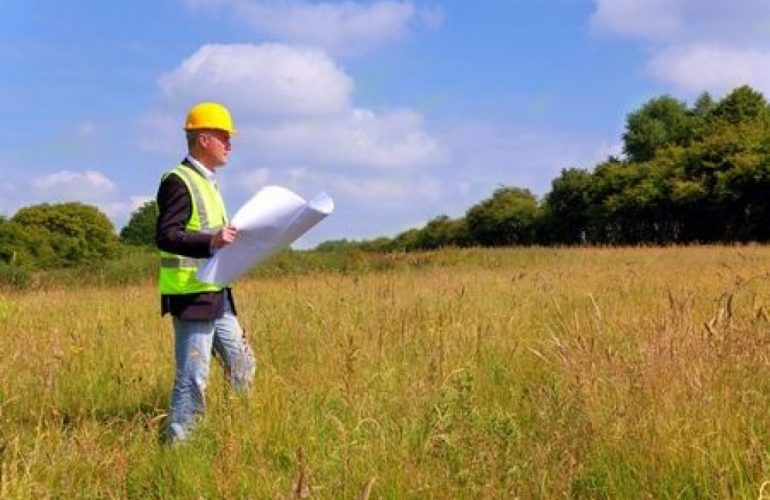6 Things You Should Know Before Buying Your Land

For most people, owning a parcel of land affords stability, permanence and a home. Whether you dream of living in the country away from traffic and congestion, a family-oriented place in the suburbs, or house right downtown, you will need some land.
Buying land with the idea of constructing a dwelling on it requires some research and more than a little smart thinking. It is easy to get carried away with the benefits of buying a piece of land and overlook the drawbacks. But, let’s take a quick look at the benefits before we dive into the other factors that might not be so grand.
The Benefits of Buying Your Land
A piece of land is like a blank canvas, sitting there waiting for the right person to build something magnificent. But there are also very tangible benefits to consider:
- Land can be a profitable long term investment if purchased at the right price.
- If you are interested in moving to the country, land prices can be much cheaper than in the city.
- Some people aren’t ready to build a house, but they know where they want to live; these people may buy a piece of land and hold it until they are ready to build.
- Having a large amount of land provides the flexibility to build special purpose out-buildings such as a large garage, a wood shop, or a rental unit.
Whatever your dream might be, selecting the right piece of land in the right location is crucial.
Factors to Think About – Before you Buy
It is impossible to overstate the importance of doing your research on a piece of property before you fall in love with it…and certainly before you buy it. Consider these factors:
- What is the surrounding environment? If you are moving to the country, is there a cow pasture next door? If you will be in the city, what is the traffic pattern like on Monday mornings?
- How about soil testing? Is it a buildable lot? One of the issues that everyone must consider when building a house is to ensure that the structure sits on solid ground. If the soil is too rocky or too soft you may not be able to get a building permit. The cost to remedy an unrecognized soil problem could put your project in jeopardy. Check with your local building department and make sure there is a soil test contingency in your sales agreement.
- Zoning requirements must be checked. Local authorities (city, county and state) should be consulted before undertaking a construction project, so it is important to understand their requirements before buying the land.
- What easement restrictions are needed or currently in place? If your land is accessed by driving across an adjoining parcel, it is very important that a legal easement is obtained and recorded.
- Public utilities should be checked out. What services are available for water/sewer, electricity, gas, and cable? It is possible you may need to drill a well, or heat with propane, if public utilities are not available.
- Get an appraisal. In any land purchase, it makes sense to get an outside appraisal by a professional appraiser. This will not only help to confirm the purchase price, but it might be required if you plan to borrow money to purchase the land.
A very good way to get a feel for a particular location and learn about its benefits and drawbacks is by renting a house in the area and living there for a few months. The added time will also give you an opportunity to secure the right type of financing as well as get to know the various sub-contractors in the area.
